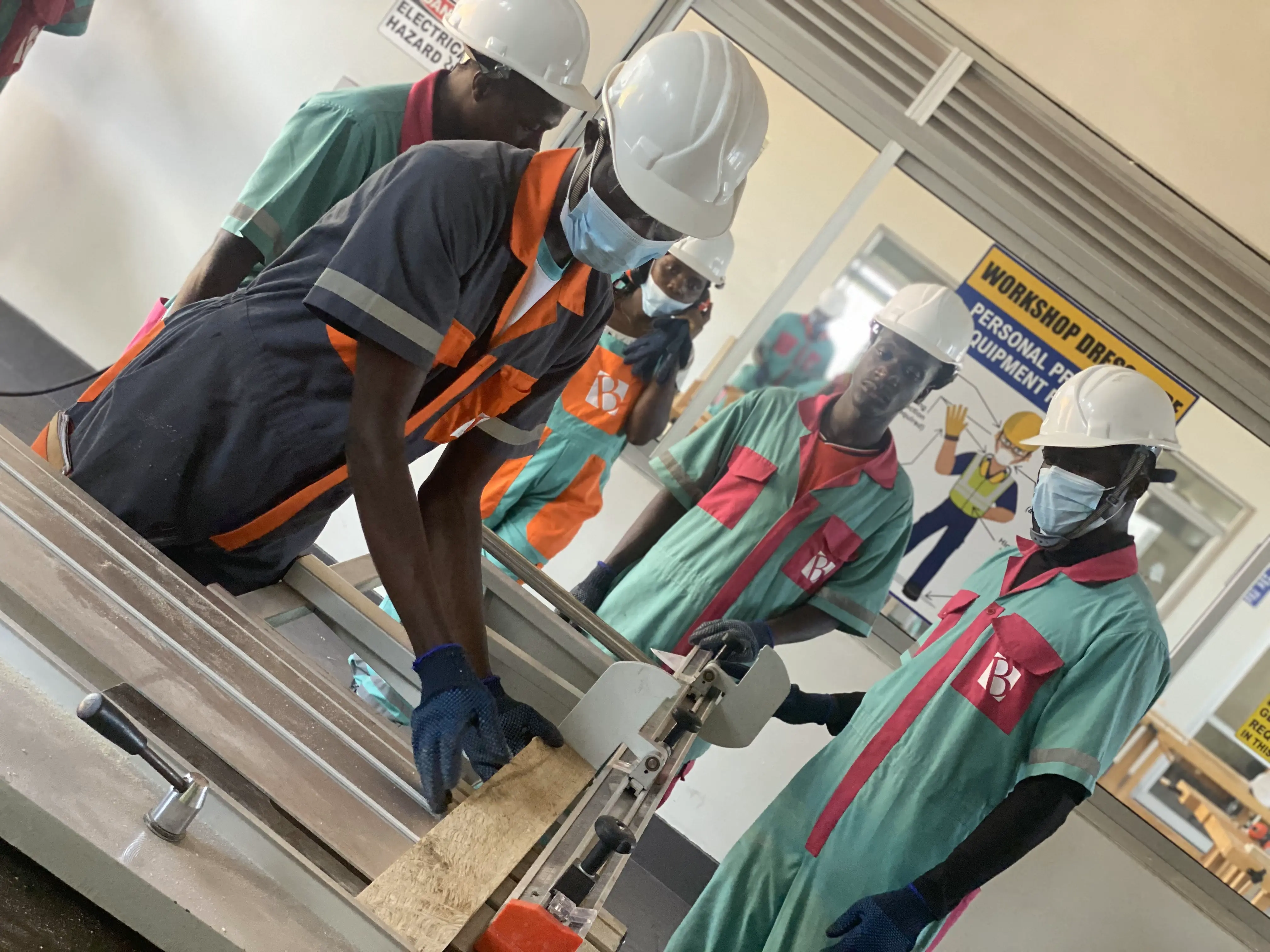And ladies, it is unfortunate to point out that over 90% of the people currently doing Engineering are male. Let’s start to address that balance, shall we? The engineering programs are there for all with the desire and the ability! Of course, engineering is a huge and varied sector and, as an engineer, you could be working in a whole variety of roles.
It’s often said that engineering is the backbone of the British economy - well can you imagine a world without cars, aviation, machinery to keep manufacturing plants running, a world of homes without white goods such as refrigerators and washing machines, vacuum cleaners and heating, lighting or cooling systems?
Within each sector there are various, tailored Engineering programs you could do, but, for now, let’s just take a look at the vast range of sectors you could work in:
Electrical engineers
Design, install, maintain and repair electrical systems in industrial, commercial and domestic environments.
Electrical engineering deals with the study and application of electricity, electronics, and electromagnetism. Electrical engineers design, develop, test, and supervise the manufacture of electrical and electronic systems and devices.
To succeed as an electrical engineer, you will need to have an active interest in how things work and demonstrate excellent problem-solving skills to be able to design, test and build tomorrow’s technology.
Circuit Analysis and Design, Electronics, Power Systems, Control Systems, Communication Systems, Signal Processing, Computer Engineering, Renewable Energy, Instrumentation, Microelectronics, Power Generation and Transmission System, Government Departments and Agencies
Pipe fitter
Pipe fitters install industrial pipework, valves and pumps in factories, commercial premises and large buildings like power stations.
Skills and knowledge required will include the ability to use, repair and maintain machines and tools, knowledge of building and construction, engineering science and technology, design skills, carrying out basic tasks on a computer or hand-held device, thorough and paying attention to detail.
Welding and Fabricator
Welding is a highly skilled trade with many different career paths available. There’s a lot more to it than just welding two pieces of metal together. Some welders work underwater in the open ocean or rivers and lakes, performing various jobs such as building ships or maintaining oil rigs. Other welders may work on pipelines that carry oil and natural gas for thousands of miles. If you like the idea of working on rockets or other high-tech gear, you may be more suited for a career as an aerospace welder or working on robotics. No matter what your preferences are, there’s a welding career out there that’s well-suited for you.
Construction Engineer
How do you become an engineer?
Entry-level Positions: BTEC Level 2 and Level 3 qualifications are often considered equivalent to GCSEs and A-levels, respectively. These qualifications can help individuals secure entry-level positions in Basic Training and Entry-Level Positions in their chosen field.
Higher Education: Many individuals use BTEC Level 3 qualifications as a pathway to higher education. BTEC Level 3 Extended Diplomas, in particular, are widely recognized by universities and can provide entry to degree programs. This can lead to more advanced career opportunities.
Increased retention rates and staff satisfaction; It’s a well-known fact that apprentices are far more likely to stay within your business than other employees, regardless of the industry. Apprenticeship programmes encourage young apprentices to consider their job as a career, which is often the reason why they stay committed to the business longer, compared to their colleagues. This ultimately reduces recruitment costs and improves staff retention in the long term.
Introduce industry-leading skills and practices; Introducing apprenticeship programmes to your company can help your business develop industry-leading skills and practices that benefit not only the apprentices but existing employees also. Apprenticeship standards are developed by employers in your sector, which means that the knowledge and skills in these programmes are designed to be the best in your industry.
The long-term growth and success of a business rely on its workforce to continually develop and upskill. Apprenticeship programmes are a worthwhile investment in teams and businesses. Nurturing young talent through an apprenticeship develops a sense of loyalty to the company and is far more likely to create an engaged workforce.
What is Pearson BTEC qualifications?
Pearson BTEC (Business and Technology Education Council) qualifications are a popular choice for individuals looking to develop their skills and knowledge in various industries. BTEC qualifications cover a wide range of subjects, including business, IT, health and social care, engineering, and more. Career progression within BTEC qualifications.
Submit Student Application Form



